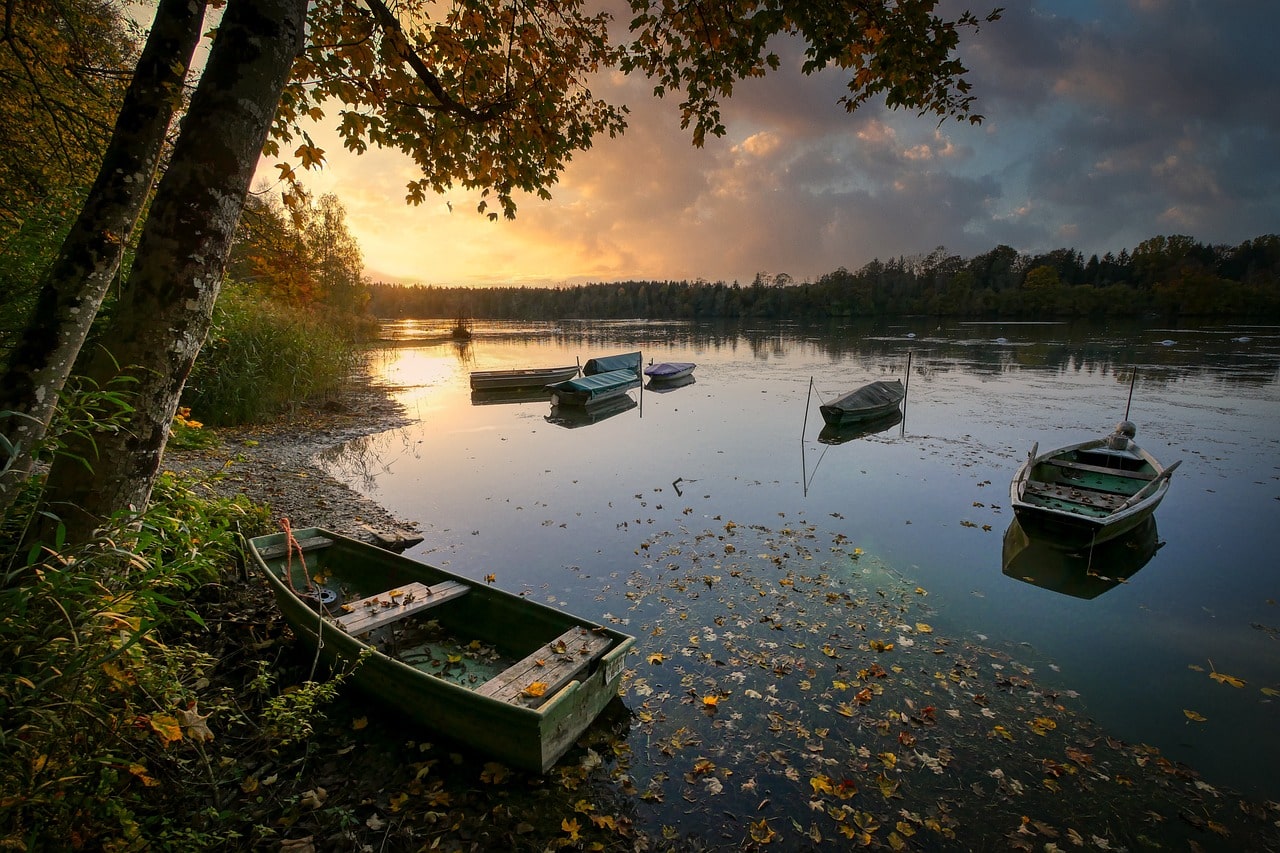Tsho Kar, often referred to as Tso Kar is a salt lake that fluctuates and is located in the southern region of Ladakh, India, on the Rupshu Plateau and valley. This unique geographical feature is recognized as India’s 42nd Ramsar site and is noted for its significant size and depth. The lake, together with the smaller Startsapuk Tso connected via an inlet stream, forms the 9 km² More Plains pool, surrounded by the majestic peaks of Thugje (6050 meters) and Gursan (6370 meters).
Historically, Tso Kar was a vital source of salt, which the Changpa nomads harvested and traded with Tibet. Today, a nomadic settlement called Thugje lies about 3 kilometers north of the lake, and a tented camp on the western bank offers tourist accommodation, adding to the region’s allure. This rich history and cultural significance make Tso Kar a place of profound connection to the past.
The climate around Tso Kar is not for the faint-hearted. Characterized by extreme conditions due to its high altitude, winter temperatures can plummet below -40°C (-40°F), while summer temperatures can soar above 30°C (86°F), with substantial fluctuations during the day. Rain and snow are rare, contributing to the lake’s unique saline environment.
The flora around Tso Kar is a sight to behold. It includes pondweeds and nettles that grow in the freshwater inlets, forming floating islands in the spring, which die off in the winter. Sedge and buttercups thrive on the shores of Startsapuk Tso and the lake’s tributaries, while steppe vegetation with tragacanth and pea bushes is found in higher basin areas. The lake’s shore is often crusted with salt, limiting vegetation to the inflows. This unique combination of flora adds to the beauty and diversity of the region.
Tso Kar supports diverse wildlife despite its salinity. The lake and its tributaries host large breeding colonies of grebes, brown-headed gulls, bar-headed geese, ruddy shelducks, and terns. The surrounding areas are crucial habitats for kiang, Tibetan gazelles, Tibetan wolves, foxes, and Himalayan marmots. Nomads in the region keep yaks and horses, adding to the cultural tapestry of the area.
Currently, the Tso Kar basin lacks special protection, but plans are underway to include it within a proposed national park in the highlands of southeastern Ladakh. Located 160 kilometers south of Leh and 540 kilometers east of Srinagar, Tso Kar is accessible via the Leh-Manali road, which passes 30 kilometers to the west. Visitors can also reach the lake through neighborhood taxis from Leh, covering 250 kilometers through the Changtang region.
With its serene beauty and ecological significance, this stunning lake offers a unique glimpse into Ladakh’s natural and cultural heritage.

